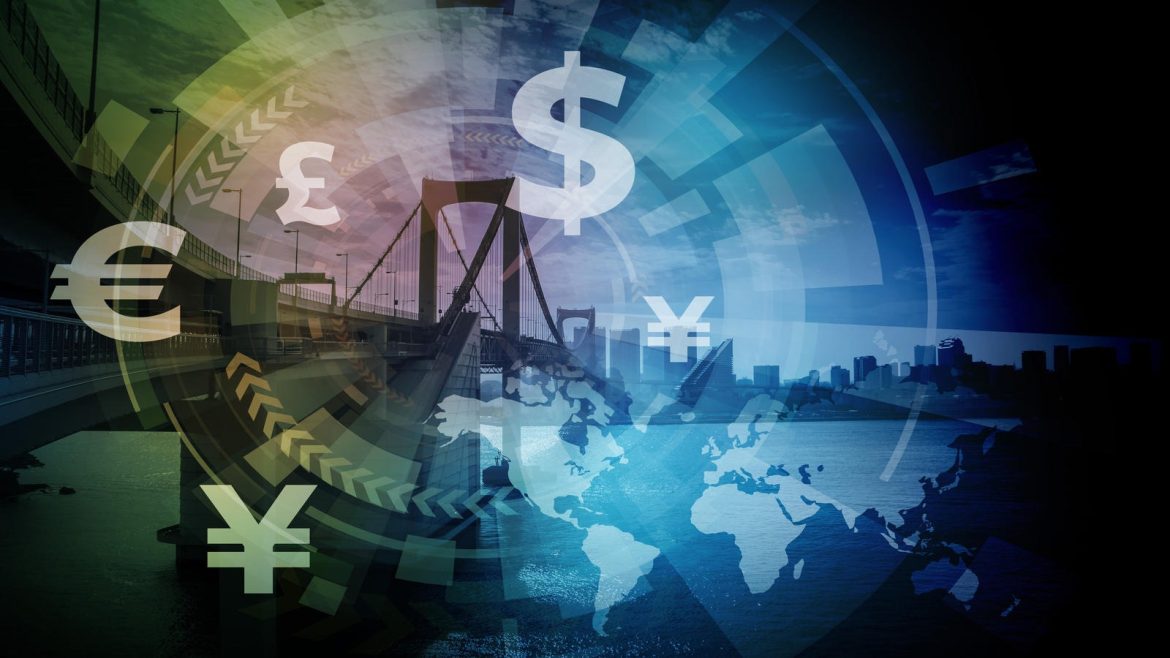The global economy is a dynamic and interconnected system influenced by a myriad of factors, including technological advancements, geopolitical events, demographic shifts, and environmental changes. As we stand on the brink of a new decade, it’s essential to examine the prevailing trends and anticipate how they may shape the economic landscape in the years to come. In this article, we’ll explore some key predictions for global economic trends over the next decade, considering both opportunities and challenges that lie ahead.
Technological Disruption and Innovation
Rise of Artificial Intelligence (AI) and Automation:
One of the most significant trends expected to continue shaping the global economy is the rapid advancement of artificial intelligence (AI) and automation technologies. As AI algorithms become more sophisticated and automation systems more prevalent, industries across the board are likely to experience significant transformations in production processes, supply chain management, and labor markets. While these developments offer opportunities for increased efficiency and productivity, they also raise concerns about job displacement and the need for upskilling and retraining programs to adapt to the changing labor landscape.
Digital Transformation and E-Commerce Expansion:
The ongoing digital transformation of businesses and the proliferation of e-commerce are expected to accelerate in the next decade. With the widespread adoption of digital technologies and the increasing connectivity of global markets, e-commerce platforms will continue to reshape consumer behavior, supply chains, and business models. Companies that embrace digitalization and invest in online sales channels are likely to thrive, while those slow to adapt may face challenges in remaining competitive. Additionally, advancements in payment systems, blockchain technology, and cybersecurity will play a crucial role in facilitating secure and seamless transactions in the digital economy.
Demographic Shifts and Social Dynamics
Aging Population and Healthcare Challenges:
Many countries are facing the demographic challenge of an aging population, driven by declining birth rates and increased life expectancy. This demographic shift poses significant economic implications, including rising healthcare costs, strains on pension systems, and changes in consumer spending patterns. Governments and healthcare providers will need to develop sustainable strategies to address the healthcare needs of an aging population while ensuring equitable access to quality care and maintaining fiscal stability.
Urbanization and Infrastructure Investment:
Urbanization is another prominent trend expected to continue shaping the global economy in the next decade. As populations migrate to cities in search of economic opportunities, the demand for urban infrastructure, housing, transportation, and services will continue to grow. Governments and private sector entities will need to invest in sustainable urban development projects to accommodate population growth, mitigate congestion, and address environmental concerns. Smart city initiatives, renewable energy projects, and investments in public transportation are likely to be key areas of focus to create livable and resilient urban environments.
Environmental Sustainability and Climate Action
Transition to Clean Energy and Green Technologies:
The urgent need to address climate change and reduce greenhouse gas emissions will drive a shift towards clean energy sources and sustainable technologies. The renewable energy sector is poised for significant growth in the next decade, with increasing investments in solar, wind, and hydroelectric power generation. Advances in energy storage technologies and grid modernization efforts will also facilitate the integration of renewable energy into existing power systems, reducing reliance on fossil fuels and promoting environmental sustainability.
Sustainable Practices and Corporate Responsibility:
Corporate sustainability and social responsibility will become increasingly important considerations for businesses operating in the next decade. Consumers, investors, and regulators are placing greater emphasis on environmental stewardship, ethical business practices, and transparency in supply chains. Companies that prioritize sustainability initiatives, such as reducing carbon emissions, minimizing waste, and supporting fair labor practices, are likely to enhance their brand reputation, attract socially conscious consumers, and mitigate risks associated with environmental and social challenges.
Conclusion
In conclusion, the global economy is poised for significant transformations in the next decade, driven by technological innovation, demographic shifts, and environmental considerations. While these trends present opportunities for economic growth and prosperity, they also pose challenges that will require collective action and innovative solutions. By anticipating and preparing for these trends, policymakers, businesses, and individuals can navigate the complexities of the global economy and build a more sustainable and resilient future for generations to come.

